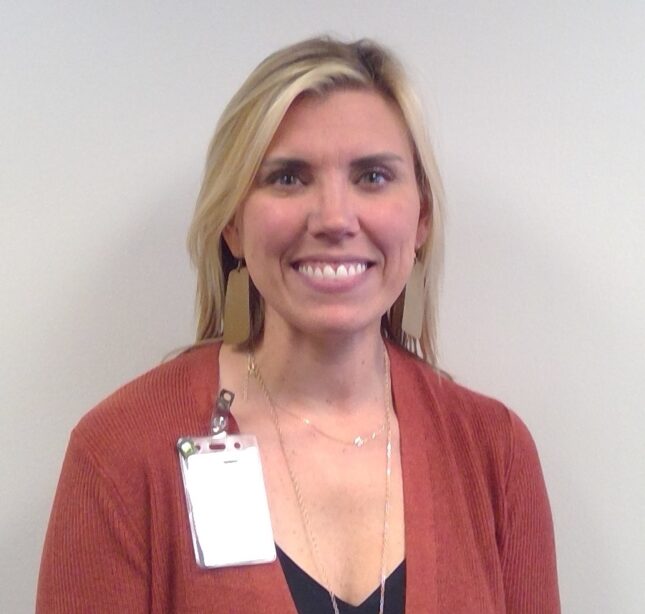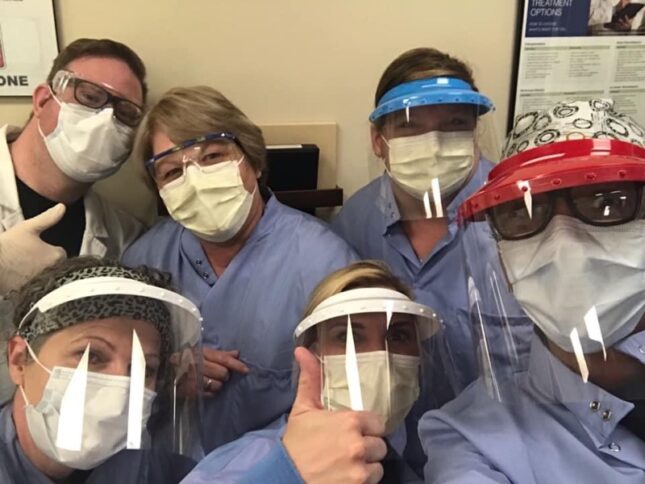While choosing home dialysis is becoming more attractive and feasible for patients who begin dialysis each year to treat end-stage renal disease (ESRD), only 10% of the 726,000 Americans suffering from the disease are currently on peritoneal or home hemodialysis.
This is far below the goal of the Advancing American Kidney Health Initiative (AAKH), an Executive Order signed in 2019, to have 80% of patients with ESRD starting on home dialysis or have a functioning transplant by 2025.
In an address at the virtual conference for the 2020 national symposium of the American Nephrology Nurses Association (ANNA), Lisa Koester-Wiedemann, ANP, CNN-NP, says that it could take close to five decades, not five years, for dialysis providers to reach the AAKH goal of starting 50% of new patients on home dialysis.

Koester-Wiedemann has been part of the WashU Nephrology Home Modalities Program as a nurse practitioner at for the past 20 years. She maintains that unless radical changes are made in the education of doctors, nurses, and patients regarding home modality options, the ambitious AAKH goal will not be met.
Among the needed improvements are increasing home dialysis training for physicians in nephrology fellowship programs, increasing the number of home dialysis nurses, and increasing patient education to make them not only aware of the home modality option, but also training them sufficiently so that they will feel safe and confident enough to perform home dialysis. As well, economic incentives for home dialysis are imperative.
The WashU home modality team is already taking on this challenge. Our program incorporates the interdisciplinary expertise of our home nurses, dietitians, and social workers for patient care, provides invaluable training experience for our renal fellows, and is embarking on a new patient education program to increase the choice for home dialysis.
Assistant professor of medicine Manasa Metireddy, MD, who joined WashU Nephrology in 2018 and recently took over as medical director of the Home Modalities Program, says, “Being one of the largest home dialysis programs in the country, our home penetration is about 34%, which is already above the national average of 12%. That speaks to the commitment of our excellent Home dialysis team and our division in general towards improving patient care and outcomes.”

As a part of further improving their home penetration, the team has recently started a Transitional Care Unit (TCU) through Forest Park Kidney Center. The TCU will take selected incident dialysis patients through a four week program to receive one-on-one education through a structured curriculum on various aspects of kidney failure including different modalities of dialysis, diet, dialysis access, and transplantation, all while slowly transitioning them into their new life.
“Our goal is to empower patients with the right information and provide all the social and emotional support they and their families need during the first few critical weeks of dialysis initiation,” says Metireddy. “A lot of anxiety that is associated with home dialysis is due to lack of education. I am confident that with our new program we can educate our patients better so they can choose the dialysis modality that best suits their lifestyle.”
Koester-Wiedemann, who recently received the Barbara Prowant Lifetime Achievement Award in Nephrology Nursing, says, “This program will assist in helping patients make informed decisions about modalities and increase home penetration. We started our first patient two weeks ago and he has decided to do peritoneal dialysis!”
Shawna McMichael, BSN, RN, nurse manager of the Home Modalities Program, says, “Having a well-rounded and respected team is essential to offering patients the standard of care that has helped our home program achieve continued growth and success. Lisa (Koester-Wiedemann) and our physicians believe in home dialysis and are extremely supportive of our team. This is just one of the reasons we are so successful. It’s thinking outside the box.”

McMichael asserts that the home team goes above and beyond for their patients. The team believes that no matter what disability or challenge any patient may face, home dialysis is still an option. “We accommodate and help patients maintain improved health on a home therapy. We are also strong advocates of early education. Whether it’s a one-on-one session with a home dialysis nurse or attending a hands-on educational class, we want to ensure that patients know they have options when it comes to their dialysis.”
The home modality program is also part of our renal fellows’ training. In a monthly home modalities clinic, fellows (together with their designated teaching attending) are responsible for managing their peritoneal dialysis or home hemodialysis patients over their two-year training period. In addition, fellows can participate in home modality clinics as part of their electives for in-depth learning. Upon graduating from our program, the fellows are experts in the management of home dialysis patients.

Read an overview of Koester-Wiedemann’s address to the AANA in Healio’s Nephrology News & Issues, published online September 4, 2020.